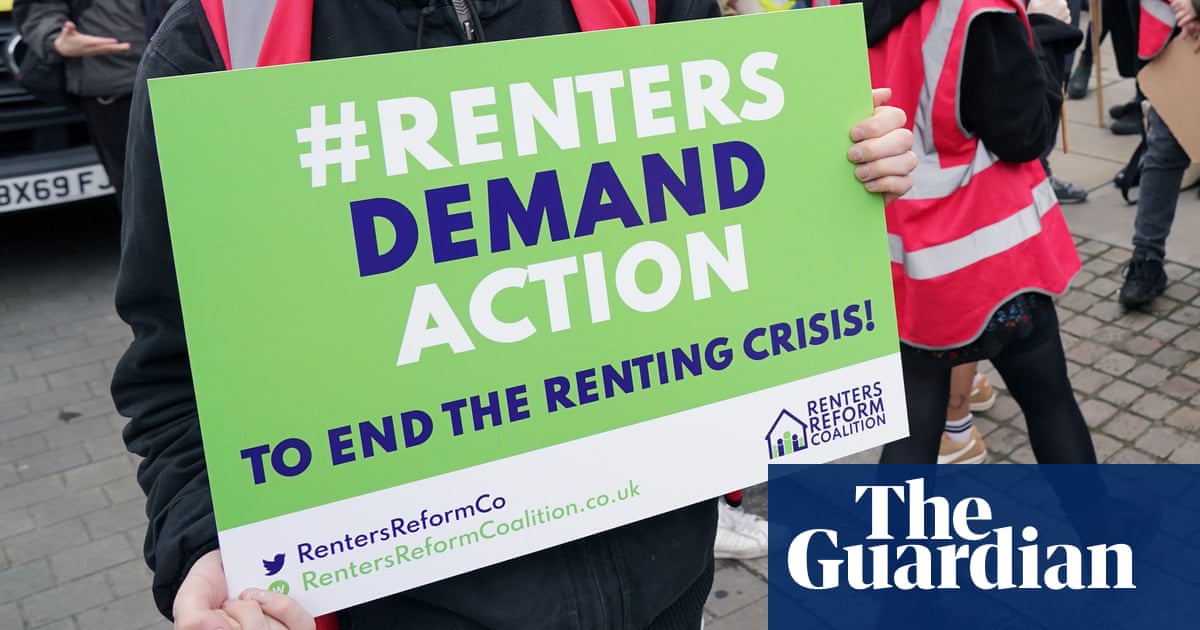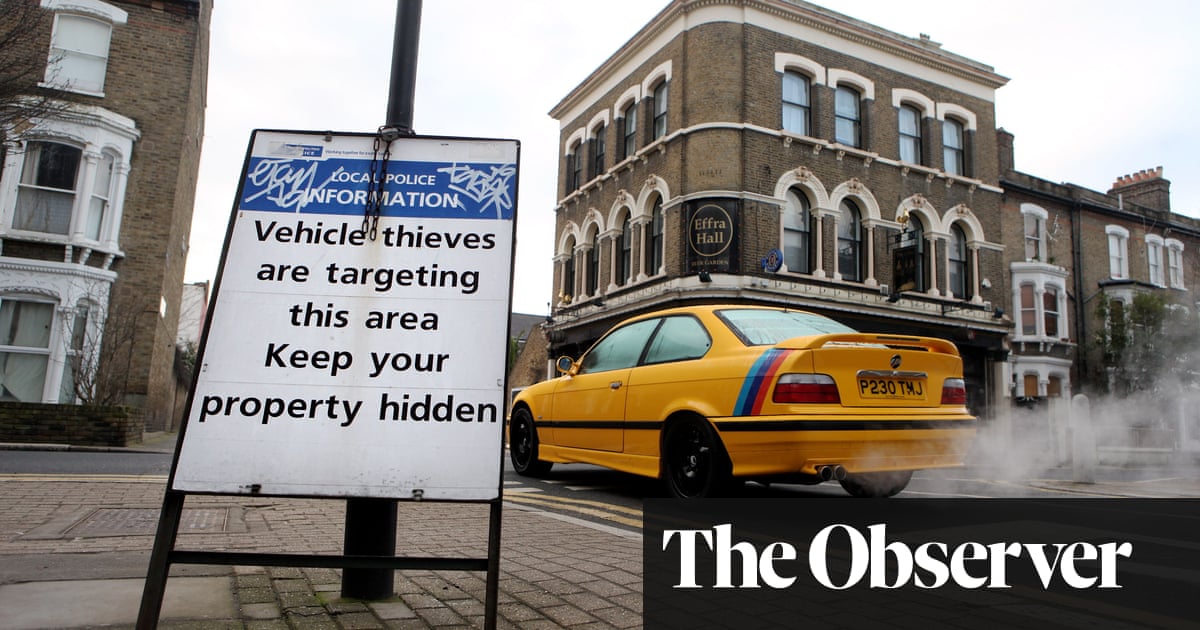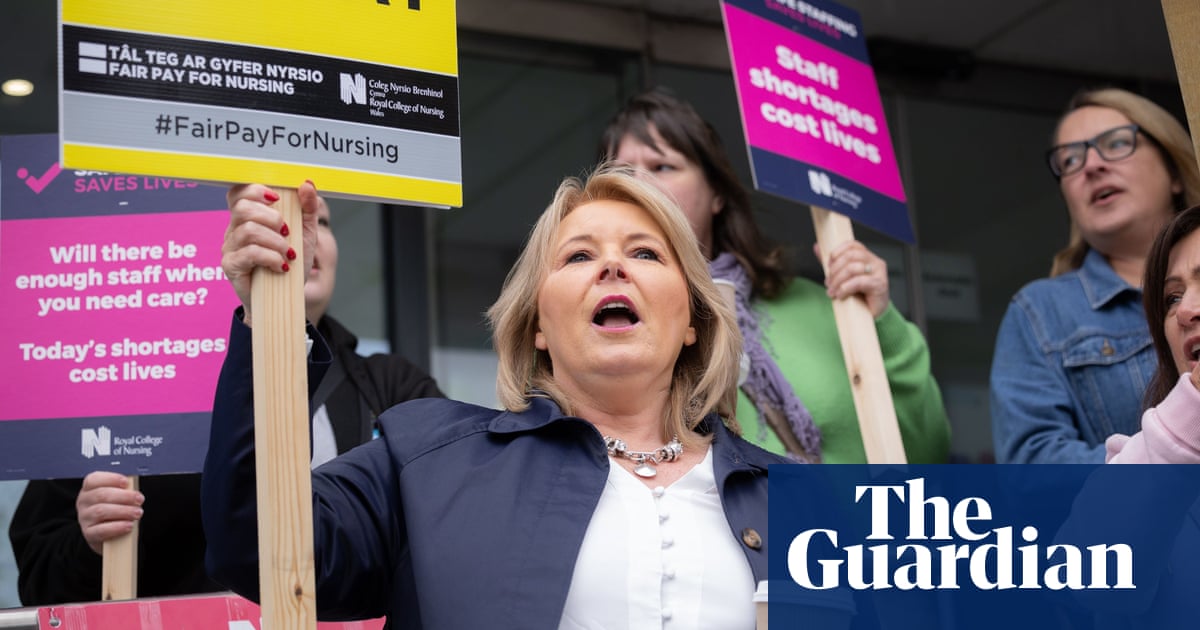
Almost a quarter of private rentals in England fail to meet the decent home standards, government figures have revealed, meaning they pose a risk to health, are in disrepair, have poor facilities, or are poorly insulated.
Data from the English Housing Survey, released on Thursday, highlights the poor state of the country’s private rental sector, with 23% of private rentals failing to meet the decent homes standard in 2021-22. That compares with just 13% of owner-occupied homes, and 10% of social housing.
“Non-decent” homes are those that pose a hazard of immediate threat to a person’s health, aren’t in a reasonable state of repair, or can’t be effectively heated or insulated.
A review of social housing conditions on Tuesday recommended a full audit of all 2.5m social homes, including for damp and mould. The housing secretary, Michael Gove, has said he expects this to take place “as soon as possible”, after the death of two-year-old Awaab Ishak, who died from living in a mould-infested home in Rochdale.
However, the new figures suggest private tenants are almost three times as likely to be exposed to damp as social housing tenants. An estimated 11% of privately rented homes have problems with damp, compared with just 2% of owner-occupied homes and 4% of social lettings.
Alicia Kennedy, director of the rental campaign Generation Rent, said that damp and unsafe homes were making too many private renters ill, and that an expensive winter would put people at greater risk.
“We urgently need the renters reform bill to raise minimum standards that renters can expect from their homes, and give them the security of tenure they need to complain without fear of eviction,” Kennedy said. “If the government is serious about eradicating the scourge of damp and mould, ministers must give tenants better legal support to take action against negligent landlords.”
Siobhan Donnachie from London Renters Union called for the government to end no-fault evictions, so that renters could feel secure in speaking out on disrepair. “When renters report issues with disrepair, they are ignored by local authorities and fear eviction from their landlord,” she said.
People living in privately rented homes are also less likely to live in an energy efficient household than those in social housing or people who own their own homes.
The estimates show little progress has been made on rental conditions in the past few years (in 2019, 23% of private rentals were also classed as non-decent). However, the figure is down from about 40% of private rentals in 2009.
Private renters also spent proportionally more of their income on housing than any other type of tenure in 2021-22 – an average of 38%, excluding housing support. That compares to just 22% for those with a mortgage.
A recent Guardian analysis of private rental listings found that soaring rents were making lives unaffordable for private tenants, with prices in 48 council areas now classed as unaffordable when compared with average wages.
About 19% of households in England are privately rented. That compares with 64% who own their home and 17% who socially rent.
A government spokesperson said: “There is absolutely no excuse for landlords providing poor-quality housing and they have a legal duty to ensure homes are fit to live in.
“That’s why we are extending the decent homes standard to the private rented sector, to give all tenants the legal right to a safe and warm home.
“We’re also cracking down on rogue landlords with £14m to drive up standards in the areas with the highest levels of bad quality rented accommodation.”












